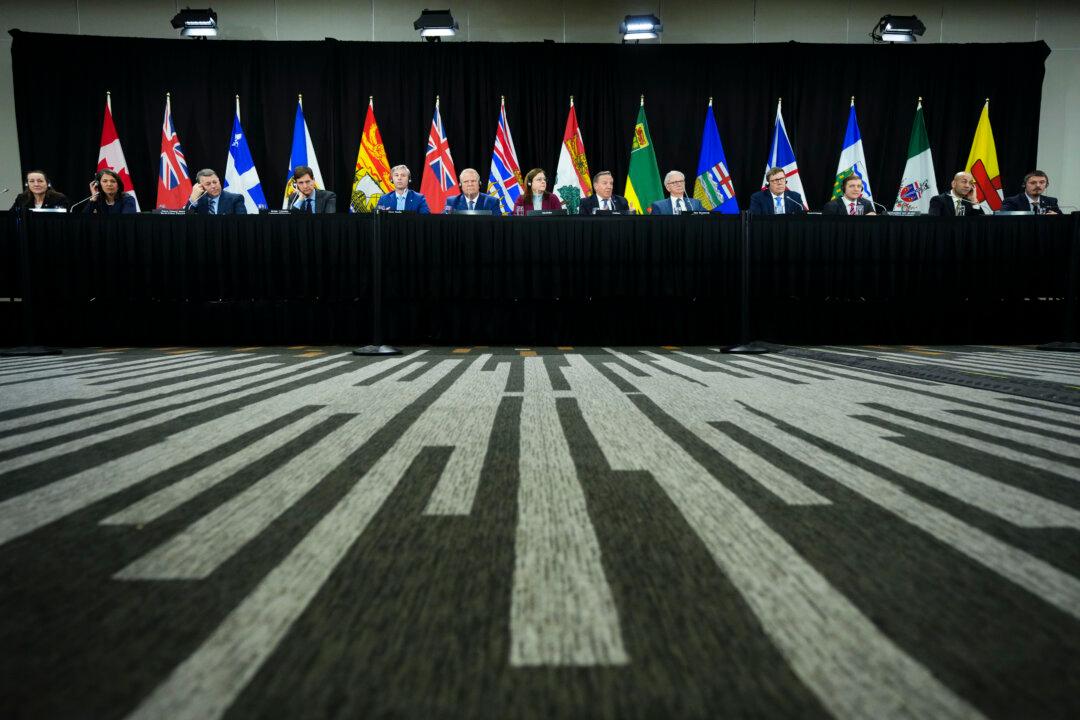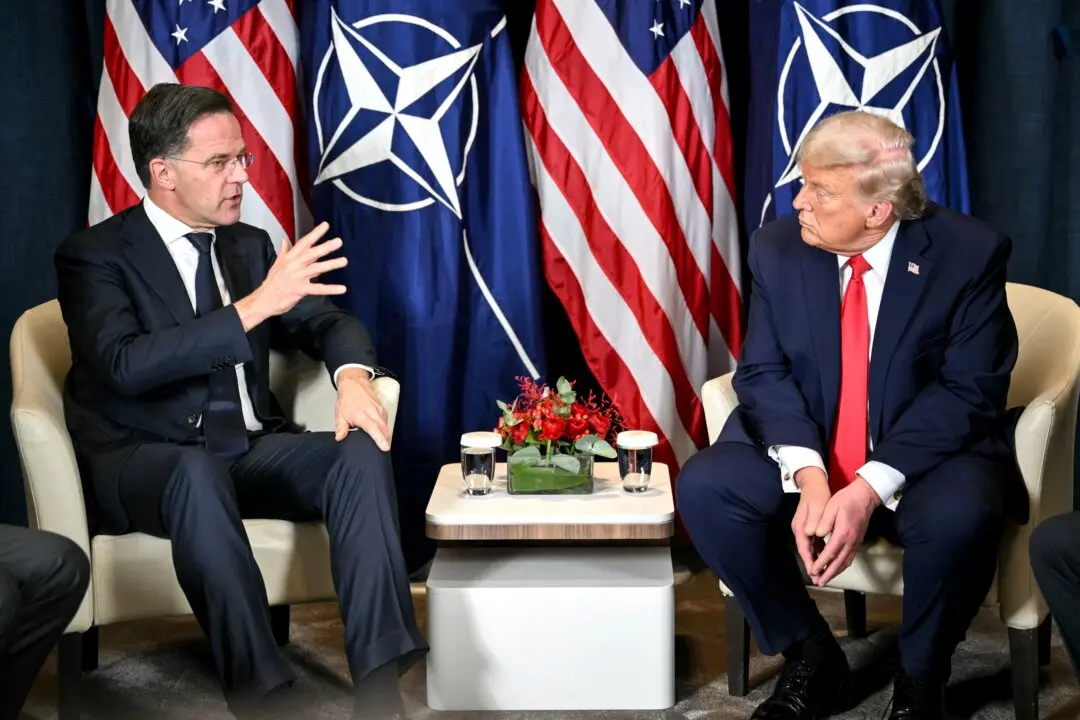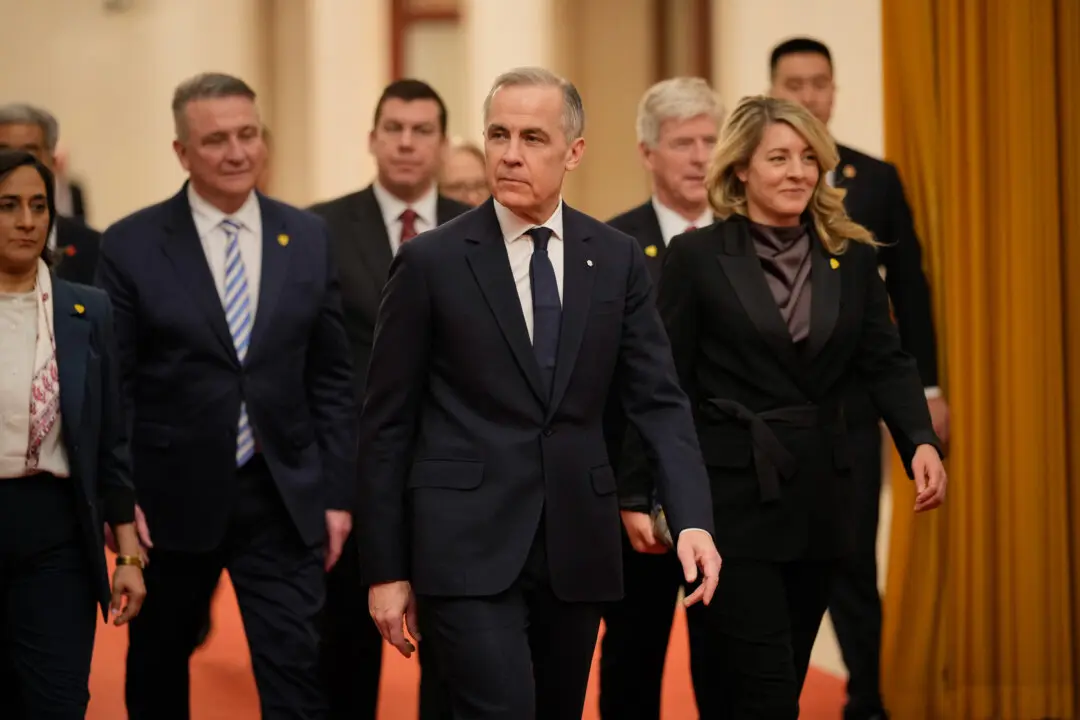Commentary
The controversy over tariffs between Canada and the United States—and the partially related issue of illegal migrants, drugs, guns, and other objects crossing the Canada-U.S. border—is having the beneficial effect of causing Canadians to think about making this country more independent of American influence and also a more efficient economy for competition in the world.





